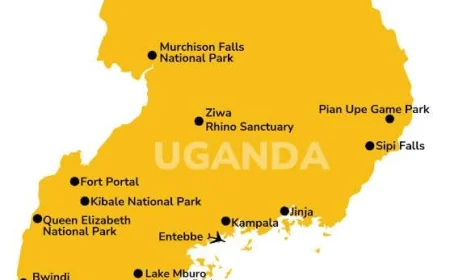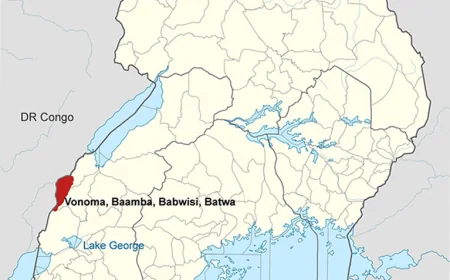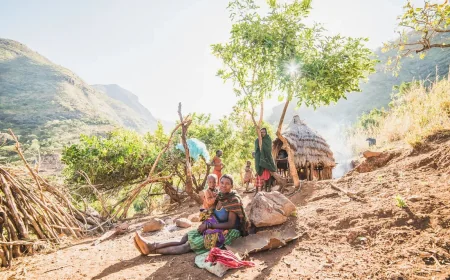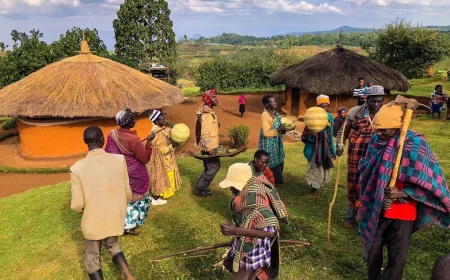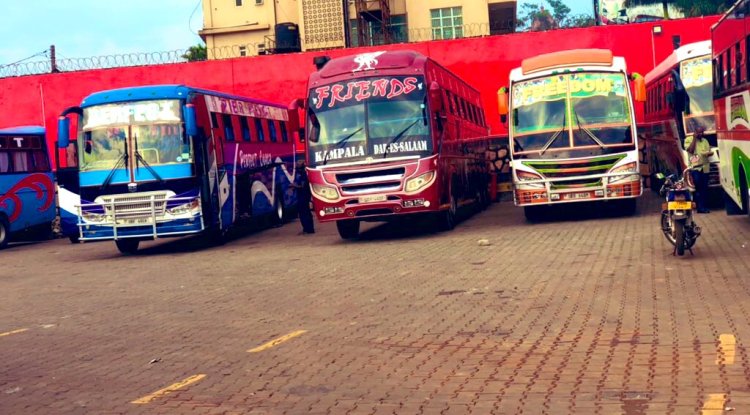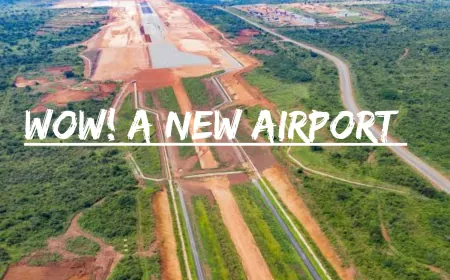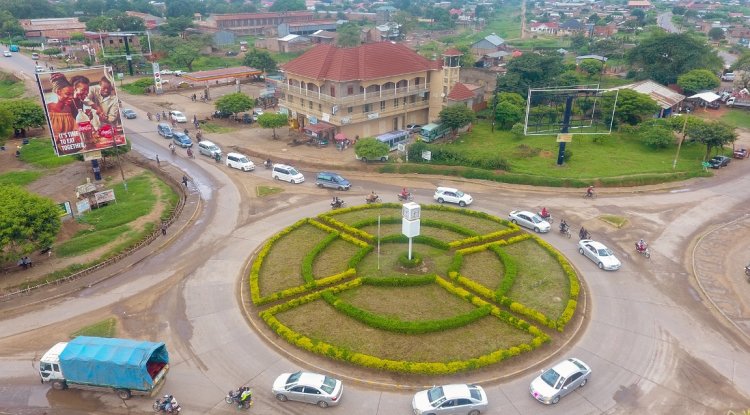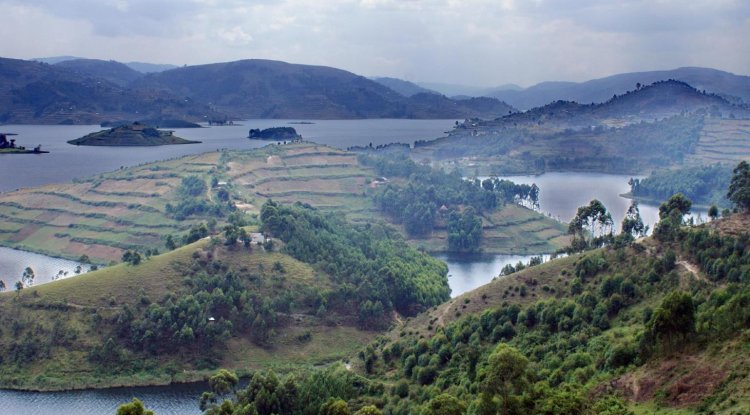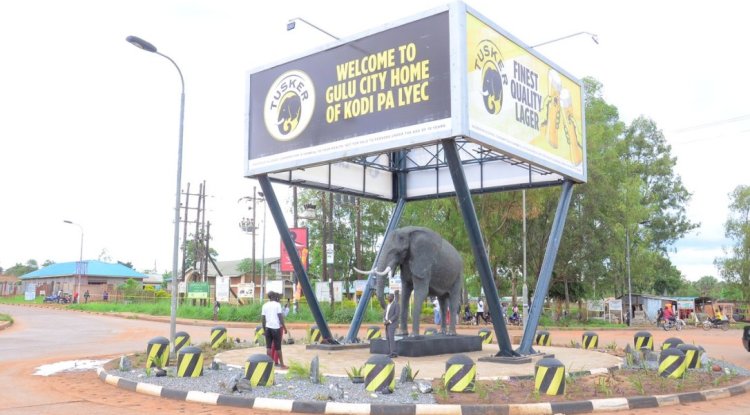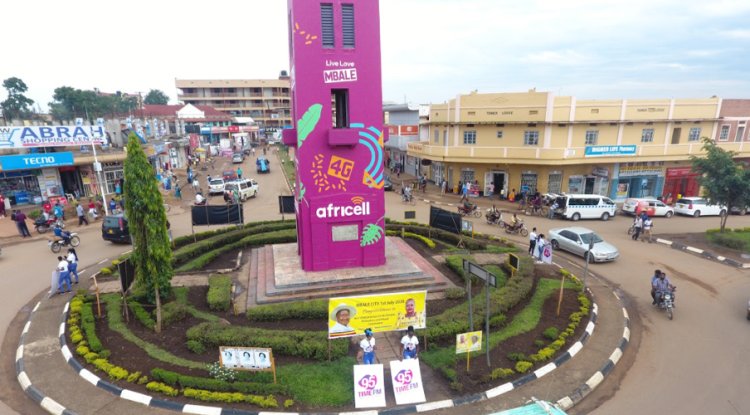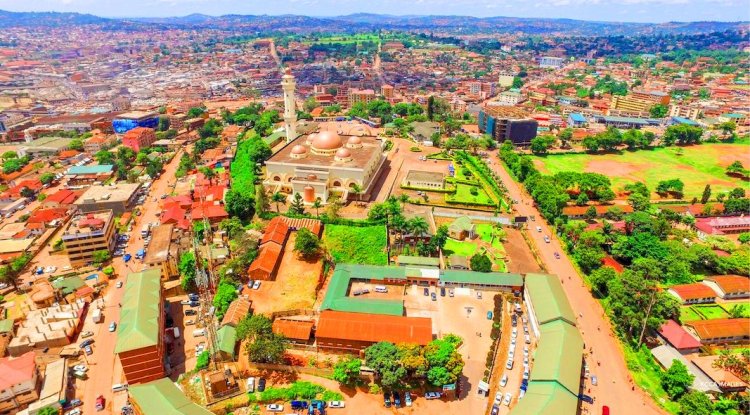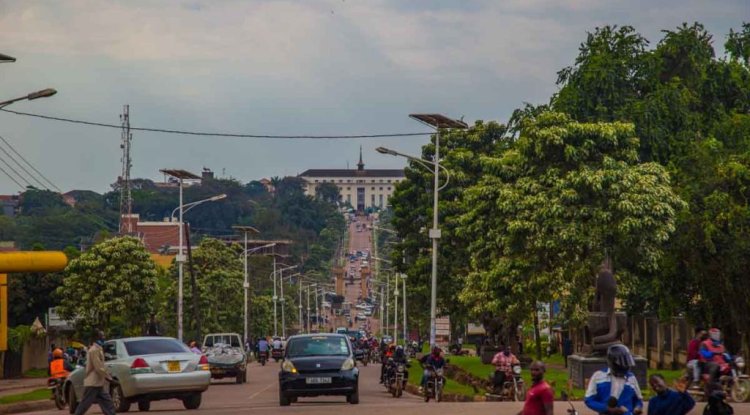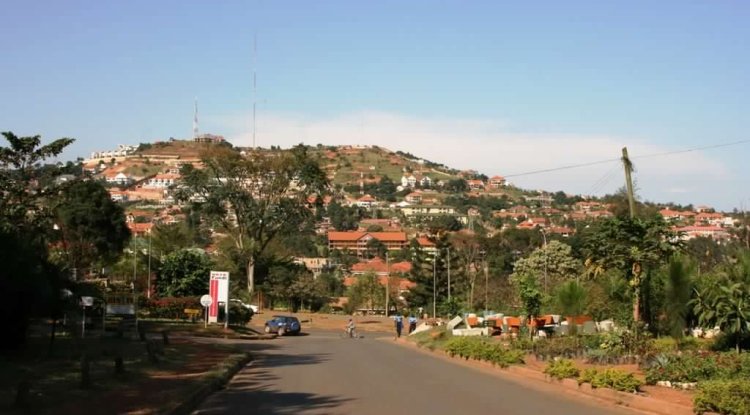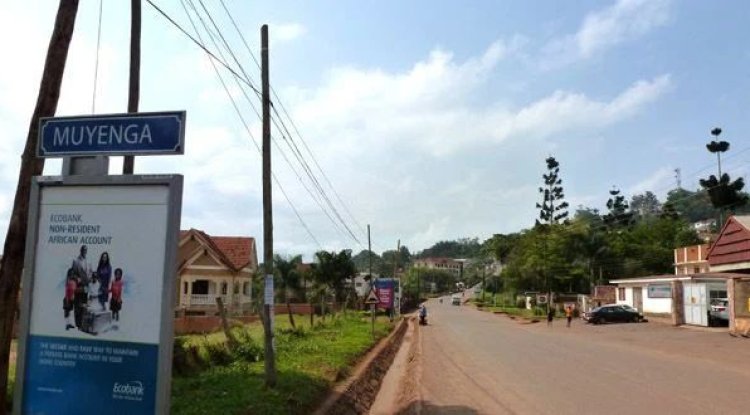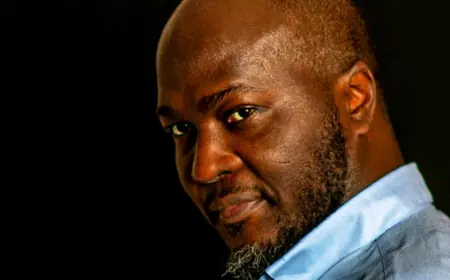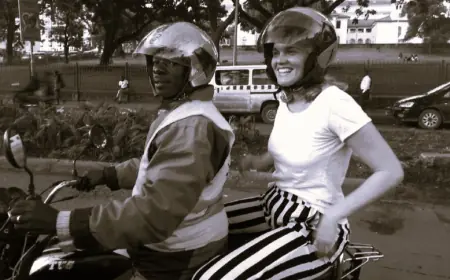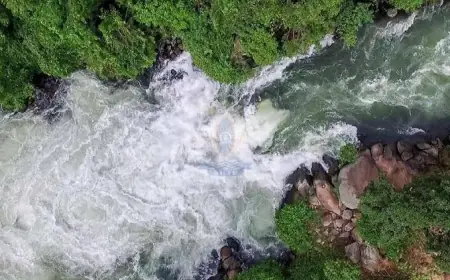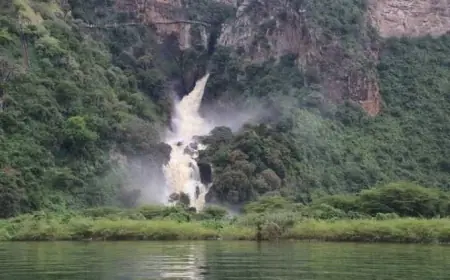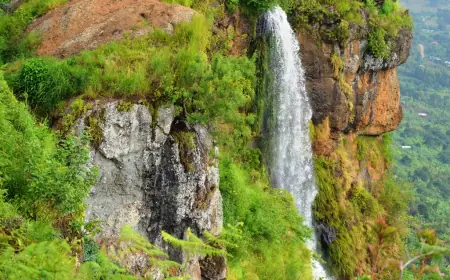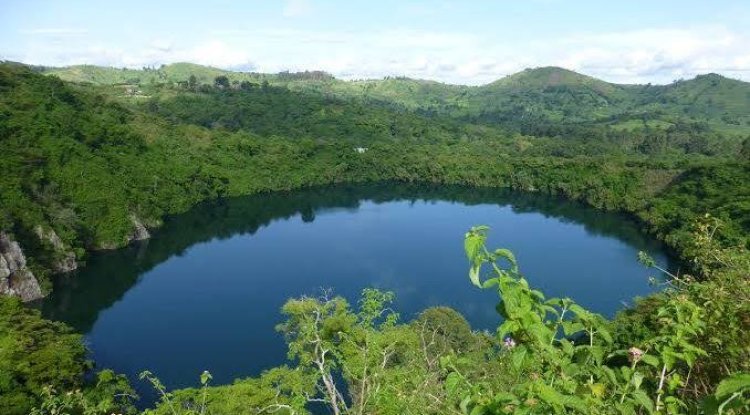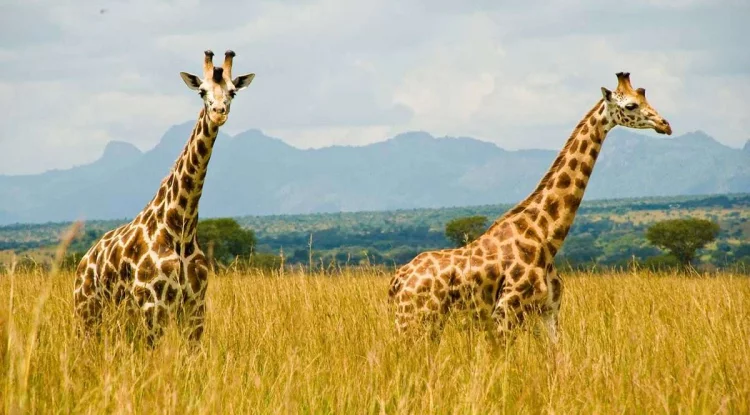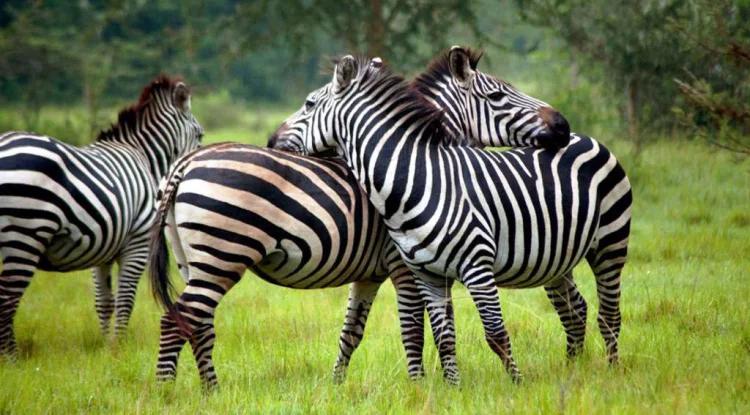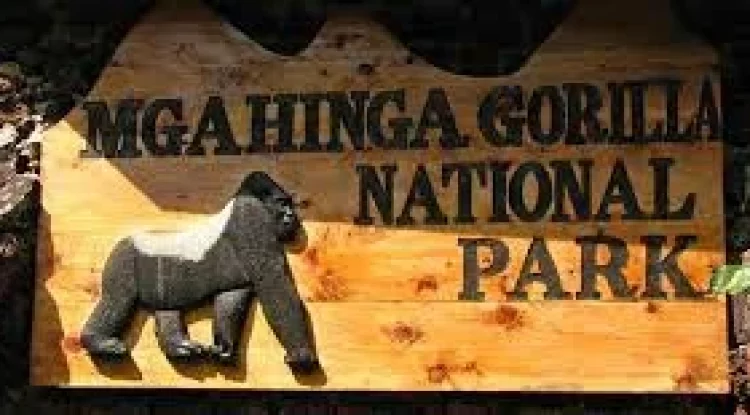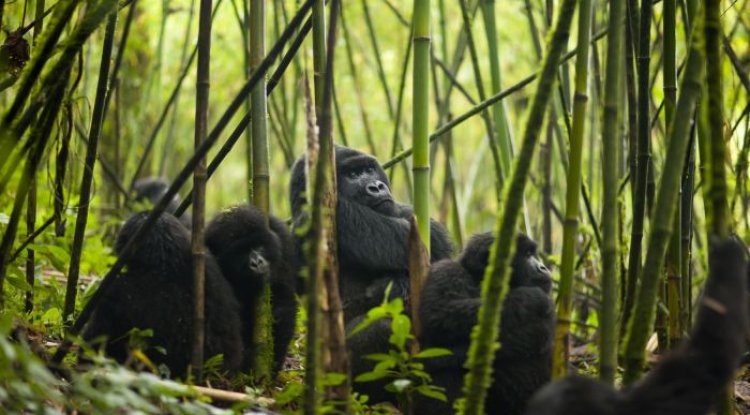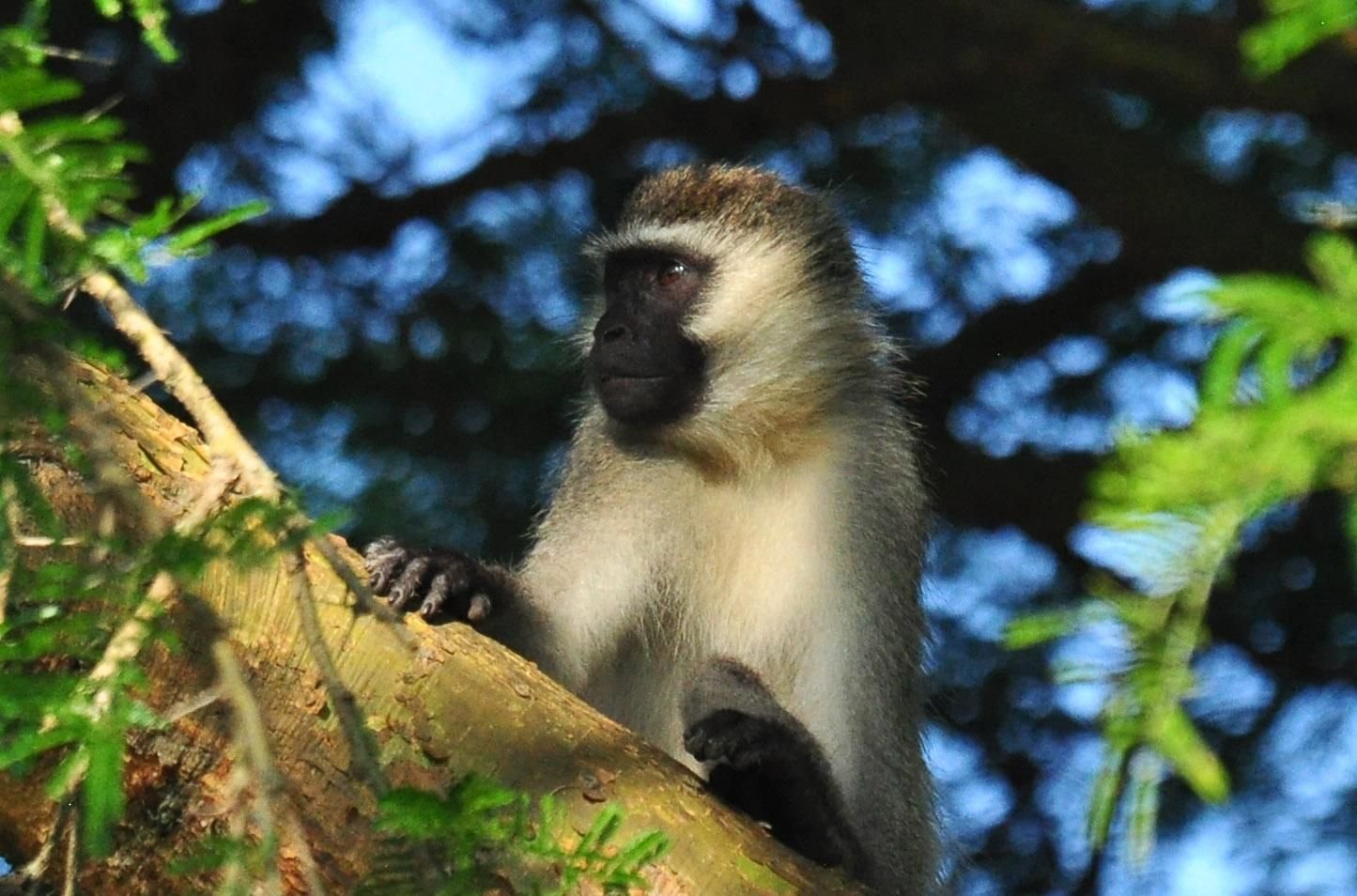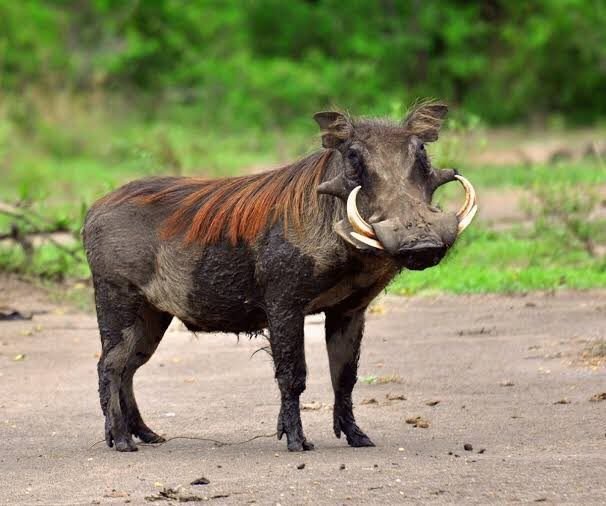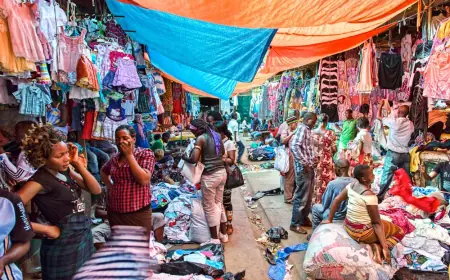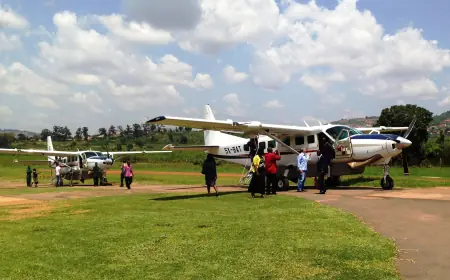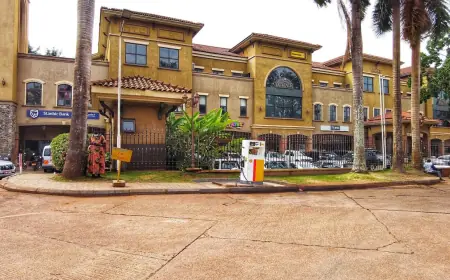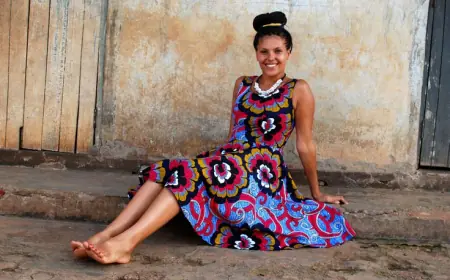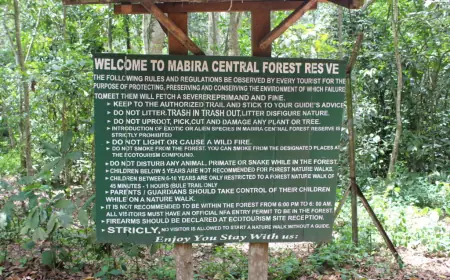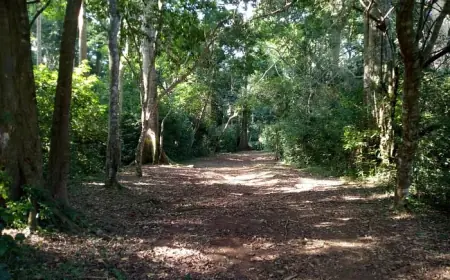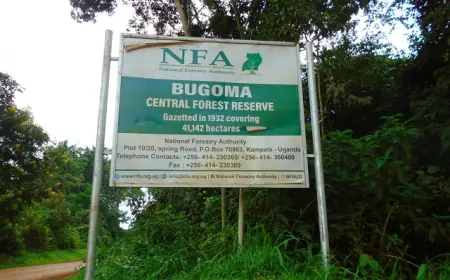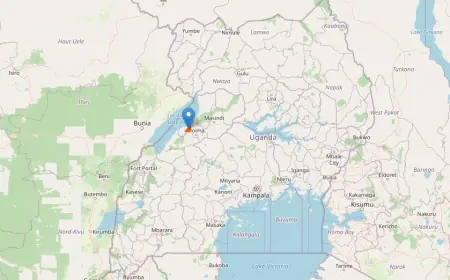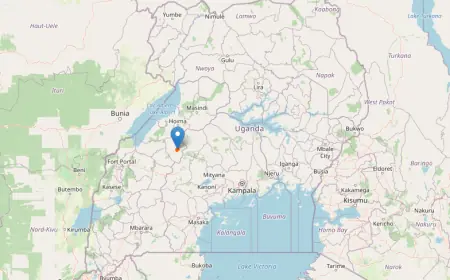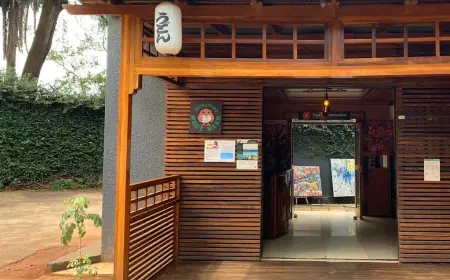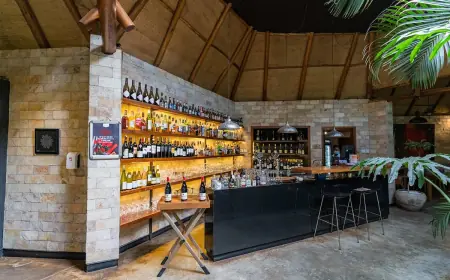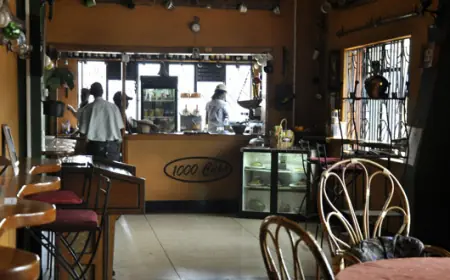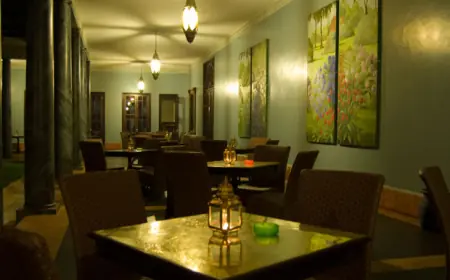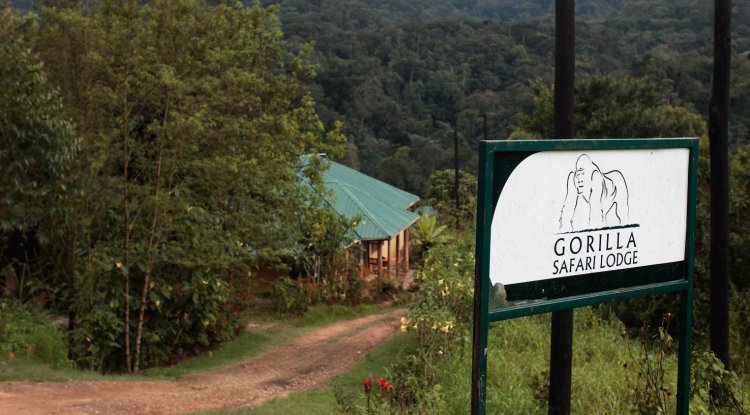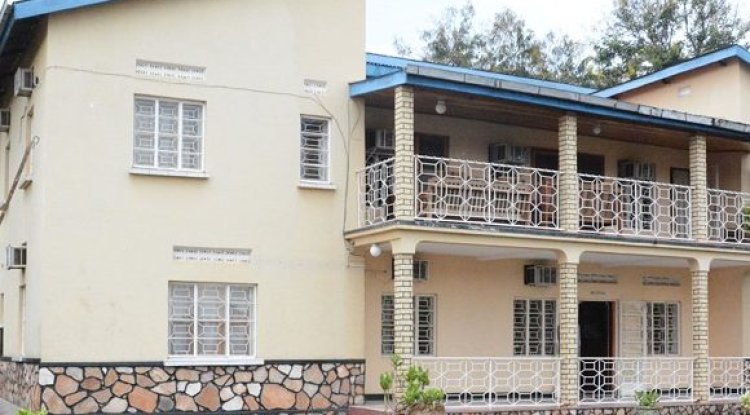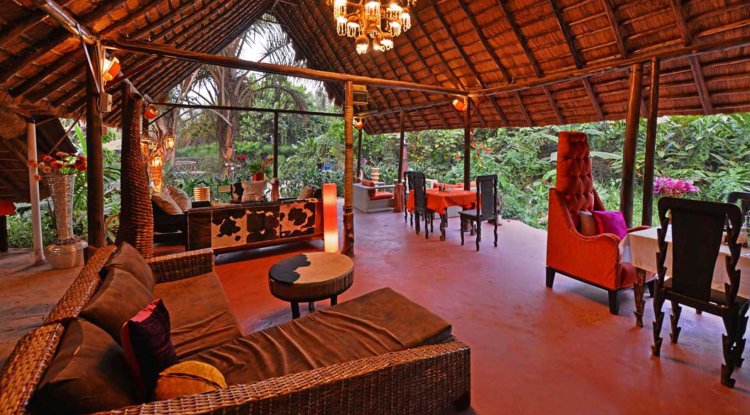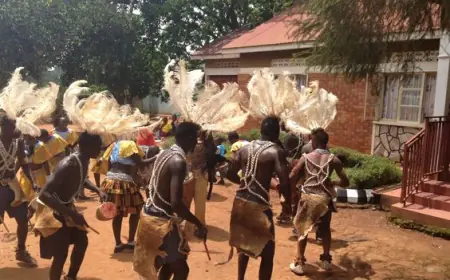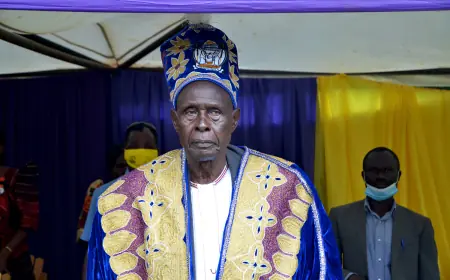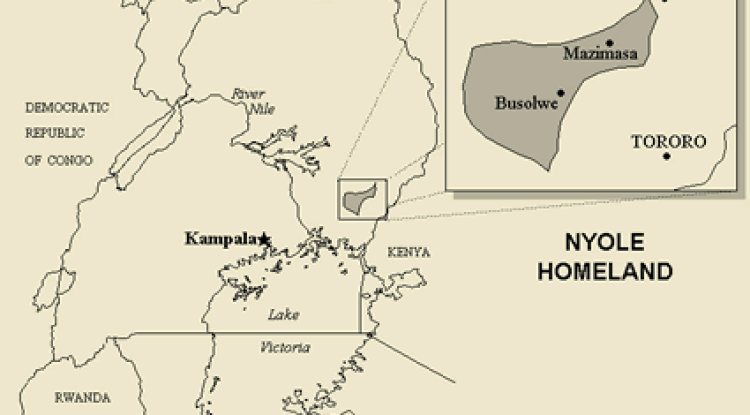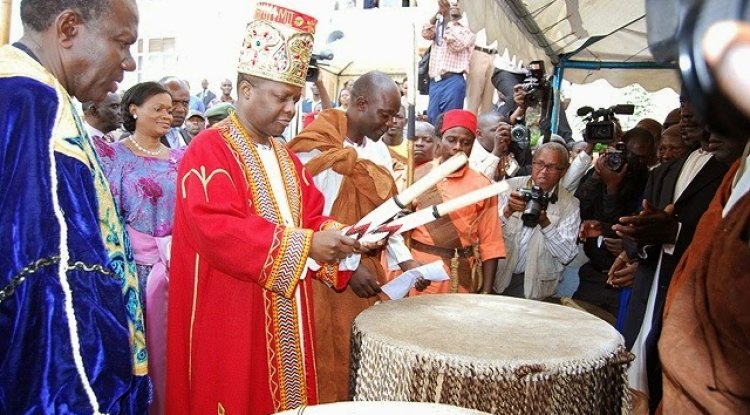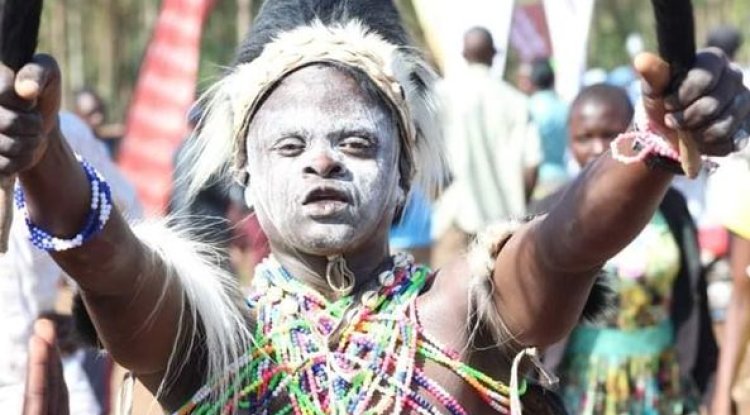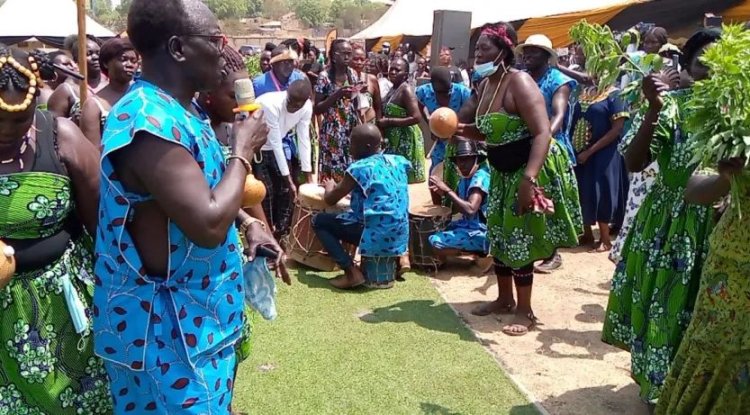Bakenyi: A Bantu Tribe
The Bakenyi are believed to have originated from the Buganda central region, where they were part of the Baganda kingdom.
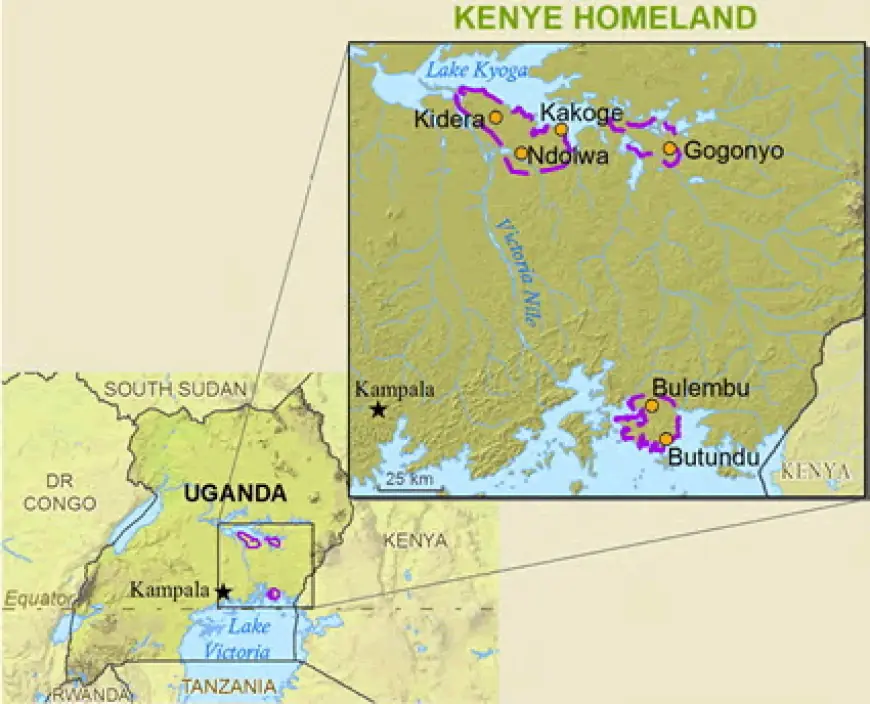
The Bakenyi, Bakenye or Kenye are a Bantu ethnic group of people who live in eastern Uganda, mainly around Lake Kyoga and Lake Victoria. They have a unique history, culture, and language that distinguish them from other tribes in the region. In this article, we will explore some of the aspects of the Bakenyi tribe that are not widely known or discussed in other blogs.
Origins and Migration
The Bakenyi are believed to have originated from the Buganda central region, where they were part of the Baganda kingdom. According to oral tradition, the Bakenyi migrated from Buganda in the late 18th century, after a succession war between two brothers, Prince Jjunju and Prince Semakookiro, who both claimed the throne of the Baganda king (Kabaka) Kyabaggu Kabinuli. Some of the Bakenyi supported Prince Jjunju, who eventually met his death because of war, while others supported Prince Semakookiro, who became the new Kabaka. To escape the conflict and the possible repercussions, the Bakenyi left Buganda and moved eastward, settling in different areas along the way.
Some of the Bakenyi settled in the Buyende district, in subcounties like Kidera, Nkondo, Kagulu, and others. Some crossed Lake Kyoga and settled in the Teso region, in areas like Kadungulu sub-county, around Kagwara and Namulemuka. Many Bakenyi also settled around the northern part of Lake Victoria, in the Bwonda landing site in Mayuge and the district landing site in Jinja District. The Bakenyi’s migration and interaction with other tribes influenced their dialect, culture, and identity, as they adopted some of the languages and customs of their new neighbors.
Language and Clans
The Bakenyi speak a language called Lukenyi, which is a Bantu language that is closely related to Luganda, their former language. However, Lukenyi has some differences from Luganda, as it has been influenced by other languages spoken by the tribes that the Bakenyi encountered during their migration, such as Lusoga, Ateso, Kumam, and others. Lukenyi is also spoken by some of the neighboring tribes, such as the Basoga and the Bagwe, who share some cultural and historical ties with the Bakenyi.
The Bakenyi have around 20 clans, which are based on totems, animals, or plants that symbolize the clan and are regarded as sacred. Some of the clans are Bakoma, Baseregwe, Bawengere, Babango, Bagulu, Bandije, Bajwana, Batembe, Basagule, Babira, and others. The clans have different roles and responsibilities in society, such as leadership, ritual, and economic functions. The clans also have rules and taboos that govern their behavior, such as marriage, inheritance, and food. For example, it is taboo for a Bakenyi to eat or use their totem animal or plant, or to marry someone from the same clan.
Livelihood and Culture
The Bakenyi live near waterways, and fishing is an important aspect of their livelihood. They use traditional fishing methods, such as nets, traps, hooks, and spears, to catch fish from the lakes and rivers. They also practice agriculture, growing crops such as cassava, millet, maize, beans, and sweet potatoes. They keep livestock, such as cattle, goats, sheep, and chickens, for meat, milk, and eggs. They also engage in trade, selling their fish and agricultural products to other markets.
They have belief in diminutive gods like Lubale, Katigo, Isiranya, and so on.
They practice widow inheritance and are polygamists. This implies that a widow is compelled to wed her late husband's brother. In addition, if a woman declined to take part in widow inheritance, she would be shunned and encounter enormous obstacles in the judicial system (such as high legal costs) when trying to protect her children's custody or inheritance (ibid.). Since widow inheritance is regarded as a household issue, much like domestic abuse, a woman who attempts to fight it would not be protected by the state (ibid.).
Conclusion
The Bakenyi are a Bantu tribe with a rich history and culture who live in eastern Uganda, mainly around Lake Kyoga and Lake Victoria. They have a unique origin, language, and clan system, which distinguish them from other tribes in the region. They have a diverse livelihood and culture, which are based on fishing, agriculture, trade, music, dance, art, and folklore. They face various challenges and opportunities in their social and economic development, such as poverty, illiteracy, disease, environmental degradation, cultural and political marginalization, natural resources, cultural heritage, social cohesion, and external support. The Bakenyi are a tribe that deserves more recognition and respect for their contribution and potential in Ugandan society.
What's Your Reaction?
 Like
2
Like
2
 Dislike
0
Dislike
0
 Love
2
Love
2
 Funny
0
Funny
0
 Angry
0
Angry
0
 Sad
0
Sad
0
 Wow
0
Wow
0
